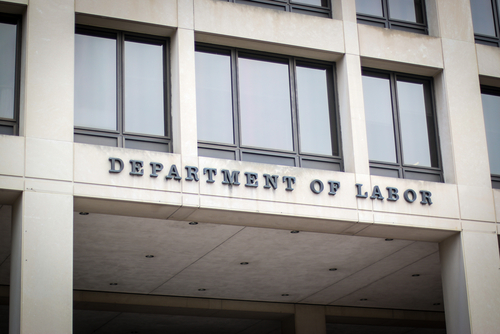
Sarah Bileti
By Sarah Bileti and Samantha Wolfe
United States Citizenship and Immigration Services (USCIS) made several noteworthy announcements this week regarding H-1B cap registration timing, the expansion of online filings, and fee increases for immigration and naturalization benefit requests.
FY 2025 H-1B Cap Initial Registration Period & Online Filing

Samantha Wolfe
USCIS confirmed that the initial H-1B cap registration period for the FY 2025 cap will open at noon Eastern on March 6, 2024, and run through noon Eastern on March 22, 2024. In addition, on February 28, 2024, USCIS will launch new organization accounts in the USCIS online portal. This enhancement will allow collaboration between multiple employer representatives and their external legal teams in preparing and submitting H-1B cap registrations and H-1B petitions and associated requests for premium processing. USCIS will begin accepting electronically filed non-cap H-1B petitions and associated requests for premium processing on February 28, 2024, and cap subject H-1B petitions for beneficiaries selected in this year’s cap lottery on April 1, 2024. While electronic filing will become available as of these dates, petitioners will continue to have the option to file paper H-1B petitions if they prefer. Dependent applications will not be eligible for electronic filing.
USCIS Published a Final Rule Adjusting Fees
For the first time since 2016, USCIS published a final rule on January 30, 2024, adjusting certain immigration related fees, stating that these increases will cover a greater share of the agency’s operating costs and support more efficient processing of applications. According to the final regulation, the “fee rule is not intended to reduce or limit immigration. These fee adjustments reflect DHS’s best effort to balance access, affordability, equity, and benefits to the national interest while providing USCIS with the funding necessary to maintain adequate services.” The new fees, some of which are highlighted in the chart below, will go into effect on April 1, 2024. Read more >>

















